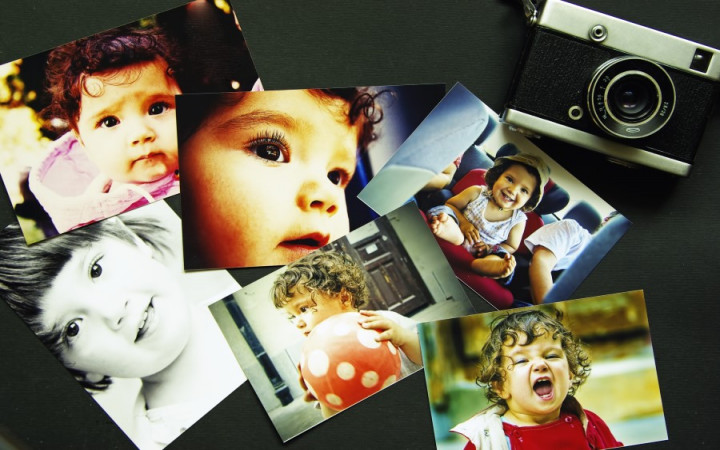Today’s Wonder of the Day was inspired by Breana from AL. Breana Wonders, “Why can't we remember being babies?” Thanks for WONDERing with us, Breana!
Now think back…way, way back…to the day you were born. Remember how suddenly there were bright lights everywhere and doctors and nurses were poking and prodding you? Remember how you cried?
What about the day you turned one year old? You may have had a little cupcake with the numeral one candle burning bright on top. Recall how everyone sang that funny song to you?
What? You don't remember any of this? Come on! Strain your brain and bring those memories back to the forefront. These were important days! Surely you must remember them?
Just kidding! If you did remember any of these things, we'd be shocked. If you're like the vast majority of people around the world, you don't remember much of anything about your first days and years living on Earth.
What is your earliest memory? Take some time to relax and think back about your early years as a child. What comes to mind? Was it a special event? Is it a memory involving a special person? How old were you? If you're like most children, you probably have only a few special memories that stick in your mind from between the ages of three and seven. Why is that?
Psychologists have a special term for the fact that most adults can't remember much about their early lives. They call this phenomenon childhood amnesia. Famous psychologist Sigmund Freud first developed theories about childhood amnesia as early as 1899.
Over a century later, psychologists still do not fully understand why childhood amnesia occurs. However, advanced studies of children's brains over the last two decades have given researchers some new ideas about what might be going on.
Early researchers believed that children did not have fully-developed structures in their brains to allow them to retain information. Over time, however, it became clear that children could indeed remember many things, such as who their parents are, where they live, etc. Remembering basic facts in the moment like this is known as semantic memory.
What experts now believe children lack at an early age is episodic memory, which is memory of the details of a specific event. Scientists now theorize that children's brains early in life cannot function in a manner that groups information together into the complex neural patterns we call memories.
The brain stores pieces of memories in several parts of its surface, also known as cortexes. For example, the visual parts of a memory would be stored in the visual cortexes, while sounds would be stored in the auditory cortexes.
Another region of the brain, called the hippocampus, works to tie together all the scattered pieces of memory contained throughout the various cortexes. The memory you have of a particular event is the neural pattern of all the linkages between the various parts of the brain where the pieces of the memory are stored.
Researchers believe the hippocampus does not develop and begin tying together various pieces of information into memories until sometime between the ages of two and four. As a result, children rely on only semantic memory up until that time.
Although it would be cool to have memories from our earliest days, researchers believe things have worked out for the best. They believe that early episodic memory could be too distracting at an early age when we're still trying to figure out how the world works!




